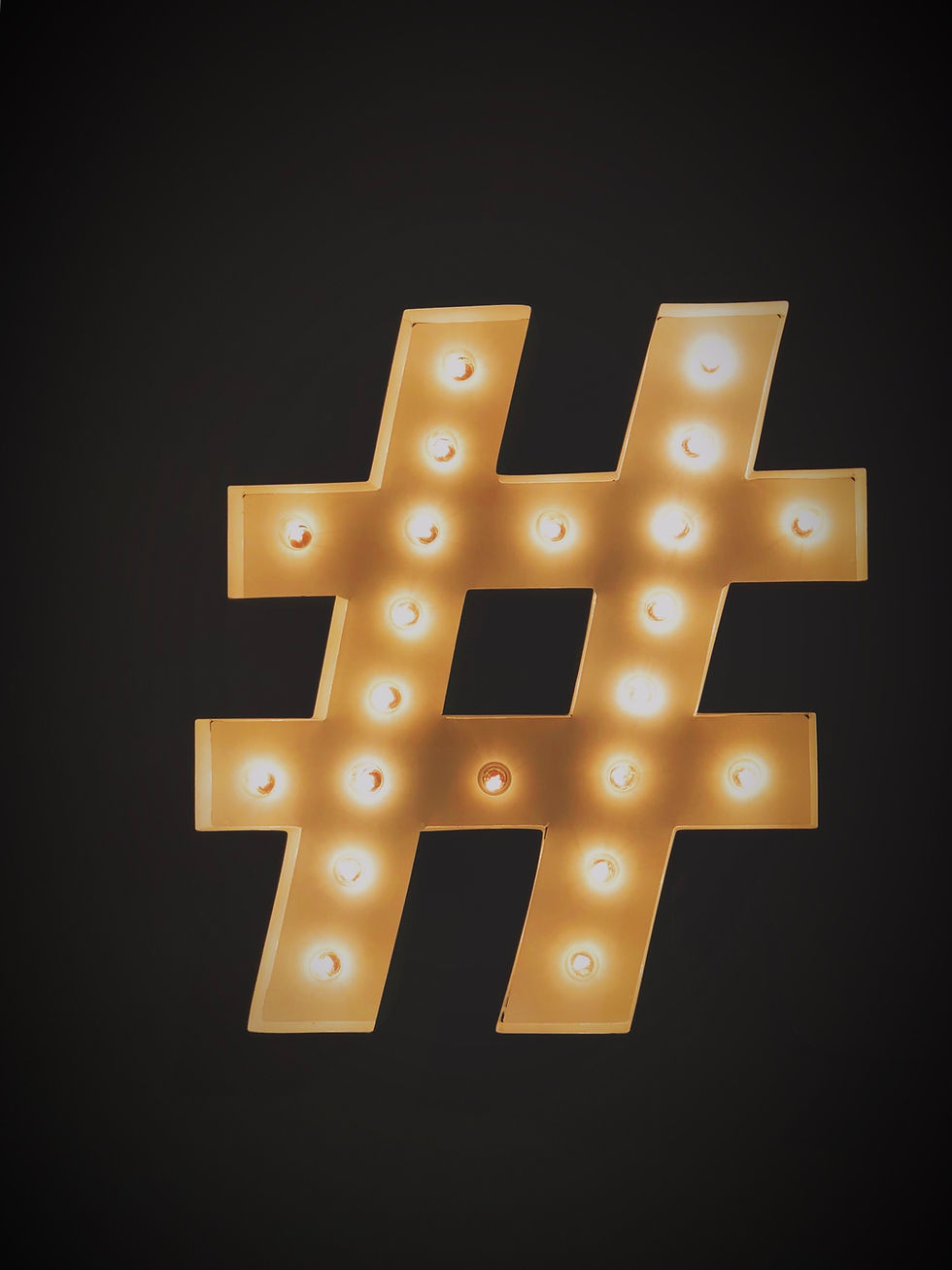The HALs of Knowledge
- Ambassadeur

- 23 janv. 2021
- 2 min de lecture
Dernière mise à jour : 3 mars 2021

In 1951, Arthur Charles Clarke wrote a short story called Sentinel of Eternity, for a BBC competition, in which it failed to even get a mention, and was rejected.
In 2020, as we sank under the pressure of an alien force called Covid-19, monoliths began appearing around the globe, in the deserts of California, in the tranquil countryside of Romania, in the obscurity of the Isle of Wight, in the flatlands of the Netherlands, in the orderliness of Germany, and in the aridity of Spain.
In 1968, seventeen after and fifty-two years before the Sentinel first appeared, Stanley Kubrick got together with Clarke to create 2001: A Space Odyssey, the seminal science fiction epic, based entirely on that original story, and inspirational to the organization known as The Most Famous Artist, who not only created the new sentinels, but will make you a replica for about 55,000 CHF.
Kubrick and Clarke didn’t predict that sentinels would appear on Earth during a contagious pandemic, but they did offer us glimpses of the future, from the non-existence of sound in space to the weightlessness of a low-gravity environment, from video conferencing and that awful delay in transmission which leaves us talking at the same time, to an international space station, where astronauts and cosmonauts can talk easily, exchange ideas and innovation, and collectively search for our next planet to mess up.
Another prediction from 1948, when Clarke originally wrote a draft of the Sentinel, via 1951, and 1968, and then, if you like, 2001, was the importance of the aid and guidance we would get from computers in all aspects of our everyday lives.
For the crew of the United States Spacecraft Discovery One, their main source of information comes from HAL 9000, the heuristically-programmed algorithmic computer, and is the artificially-intelligent font of all knowledge.
HAL is one amazing bit of AI kit, capable of speech and facial recognition, unlimited language interpretation, reading the lips and emotional behavior of those around it, piloting spaceships, of course, and determining the optimal options to take on its own.
And, inevitably, HAL starts to go a little nuts, malfunctioning just as any mildly-sentient being would, stuck on an endless space trip with only a chess board for fun.
But, for the crew of Earth, navigating not the soundless void of galaxies, but the craziness of an ever-changing and often baffling world, where knowing facts and checking stories is paramount to our contextual existence and historical perspective, our artificially-intelligent font of all knowledge is not HAL.
It is not each other, for most of time, who can recall the information we’re supposed to ‘pull out’ from the depths of our memories, given the excessive sacks of facts thrown at us constantly.
It’s not the news media, because, let’s face it, however hard we may try, none of us know exactly how much of what we hear is true anymore.
And, it’s not the libraries, because while they may indeed hold the secrets to a lot of the questions we might have and the learning we need, we can’t actually visit them, and anyway I owe fines on overdue books.
No, it’s none of these.
Our HAL was also born in 2001, but has no intention of going rogue.
Happy birthday, Wikipedia.
photo by Tom Leishman





Commentaires